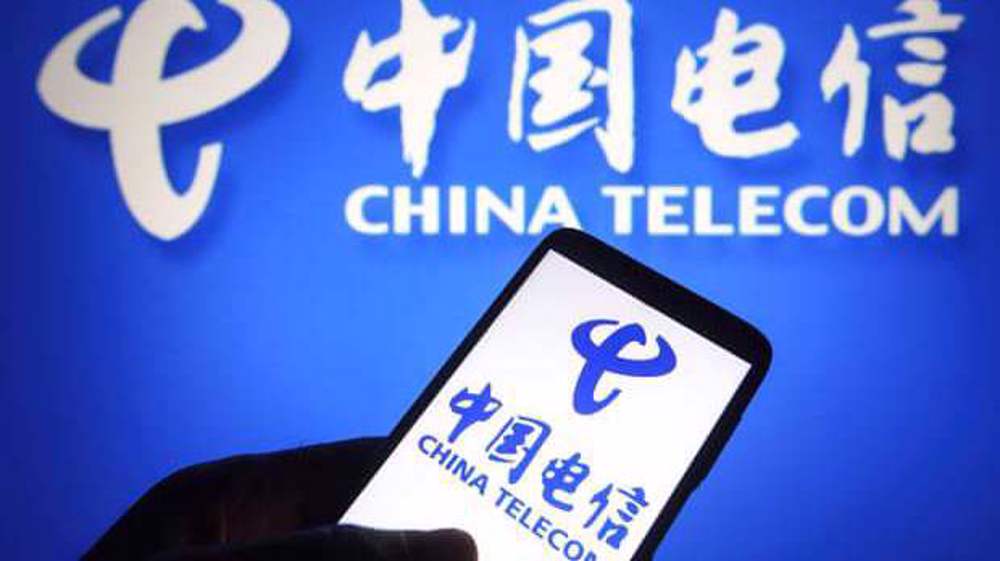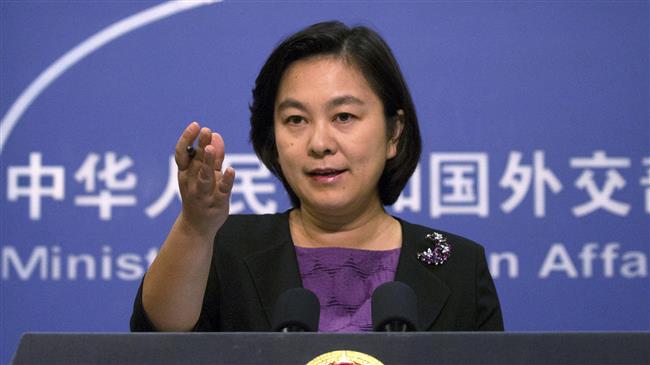FCC revokes authorization of China Telecom's US unit
The US communications regulator has voted to revoke the authorization for China Telecom's US subsidiary to operate in the United States over what it called national security concerns.
The decision by the US Federal Communications Commission (FCC), which came in a 4-0 vote on Tuesday, means that China Telecom Americas must now discontinue US services within 60 days.
China Telecom, one of three leading communications providers in China, has had authorization to provide telecommunications services for almost 20 years in the United States.
The FCC claimed China Telecom "is subject to exploitation, influence, and control by the Chinese government and is highly likely to be forced to comply with Chinese government requests without sufficient legal procedures subject to independent judicial oversight."
It also alleged that Chinese government ownership and control "raise significant national security and law enforcement risks by providing opportunities" for the company and the Chinese government "to access, store, disrupt, and/or misroute US communications."
"The FCC’s decision is disappointing,” a China Telecoms America spokesperson told Reuters. “We plan to pursue all available options while continuing to serve our customers."
The case against China Telecom was first brought during the administration of former president Donald Trump, along with actions against China Unicom Americas Ltd., Pacific Networks Corp. and its subsidiary ComNet. The FCC is also moving toward ending authorizations for those firms.
Last year, the FCC also designated Huawei Technologies Co. and ZTE Corp. as national security threats to communications networks.
In 2019, Trump announced that the US had blacklisted Huawei, banning it from accessing US technology. Washington has repeatedly accused the Chinese tech giant of a "decades-long" effort to steal trade secrets from American companies. Huawei has time and again denied the accusations.
The company has denied the US accusations and says the concerns are unfounded.
Critics of the US say that its motive in attacking Huawei is not because it is a genuine security threat but because it is a rival in a crucial sector of the world economy in which America has enjoyed supremacy for decades.
The US and China are at loggerheads over issues, including alleged human rights abuses in Xinjiang, and Beijing's policies in regard to Hong Kong, Chinese Taipei, and the disputed territories in the South China Sea, as well as the origins of the COVID-19 pandemic.
Iran condemns Israeli FM’s ‘false, provocative’ remarks in Baku
VIDEO | Elderly Palestinian woman attacked by settlers near Ramallah
VIDEO | Hezbollah holds rallies in solidarity with Iran
Iran warns UN Security Council over explicit US military threats
Araghchi: Recent riots aimed at provoking another US war against Iran
Larijani: Ringleaders of rioters in recent unrest identified, some arrested
VIDEO | Solidarity summit: Global call for Palestinian education
VIDEO | Press TV's news headlines












 This makes it easy to access the Press TV website
This makes it easy to access the Press TV website